#CorporateStrategy
Ferrari Says Majority of Sales Will Be EVs, Hybrids by 2030
Last week, news broke that Ferrari was plotting a third assembly line in Maranello dedicated entirely to EV production. But this turned out to be little more than a preamble for the obligatory announcement that the company would eventually transition toward building electric vehicles.
On Thursday, the Italian automaker told investors that all-electric and hybrid models will make up 80 percent of its global sales volume by 2030. This is to be done via a slew of new products it hopes to launch between now and 2026. Though the first Ferrari to run exclusively on battery power isn’t scheduled to arrive until 2025. According to the manufacturer, it’s plotting to launch 15 new vehicles as part of the overarching strategy. While some of those will undoubtedly be duplicates boasting open-air cockpits and slightly different powertrains, it has still got to be some kind of record for the brand.
Report: Ferrari Plotting Italian EV Assembly Line
Ferrari is rumored to be preparing a third assembly line in Maranello, Italy, dedicated for electric vehicles. The automaker has already purchased land near the facility and is presumed to make an official announcement on June 16th when it’s scheduled to present its four-year business plan.
As usual, this comes from a major media outlet that cited unnamed sources from within the industry. Though, considering the luxury sports car manufacturer’s confirmation that it would begin producing hybrid and all-electric automobiles, it’s more than plausible. Ferrari’s first battery electric vehicles are scheduled to arrive in 2025 and it still needs somewhere to build them.
Chinese Lockdowns Force Toyota to Cut Production Again
The automotive industry has basically resigned itself to running with lessened production for the foreseeable future. A significant number of automakers have suggested that it might be more lucrative to scale back output, reduce overhead, and focus on achieving broader margins per car during this prolonged period of economic and logistical duress. However, Toyota started the year saying it would do its utmost to raise production output as a way to make up for losses incurred during the pandemic. The company even said it anticipated things to gradually normalize through the spring.
Unfortunately, things have not gone according to plan. By March, the Japanese automaker had lowered its output goal for the fiscal year by 500,000 global units. Another 20 percent was lopped off for the month of April and leadership began expressing concerns that those preexisting goals might be totally untenable. While there were moments with the target actually rose, Toyota has repeatedly been forced to walk those claims back as the realities of the market dashed its dreams. Now, the company is once again cutting planned output for the month of June over supply chain issues with China.
Mercedes Ending Dealer Sales Model in Europe
Following word that Mercedes-Benz wanted to refocus on producing high-end luxury vehicles with loftier profit margins, the German automaker has decided to eliminate dealerships in Europe so it can move on a direct-sales model similar to what’s offered by Tesla.
The company is reportedly eliminating up to 20 percent of its dealerships in its home country and roughly 10 percent globally (with a focus on Europe). This follows previous assertions by Mercedes that half of the brand’s domestic sales will be done via an “agency model” by 2023. Following an agreement with its own dealer network, the company said late in 2021 that it would begin eliminating the traditional scheme of dealers buying their vehicle stock based on market conditions with consumers coming in to haggle. The new plan puts more financial pressure on Mercedes and eliminates any chance of price negotiation. Meanwhile, dealers will get some cash for every vehicle sold and whatever after-sales services they can render.
Mercedes to Focus on Premium Luxury Vehicles Again
Mercedes-Benz has said it will cut back its entry-level offers to better prioritize premium vehicles with loftier margins. While this strategy has become relatively uncommon throughout the industry, even among some mainstream brands, Mercedes has historically been synonymous with high-end luxury cars. One wonders why it bothered chasing volume to begin with, especially since it doesn’t seem to have panned out for the company.
While executives had previously hinted at its revised strategy in interviews, Mercedes officially unveiled its plan to investors on Thursday. The German brand will focus investments on top-of-the-heap models like the S-Class at the expense of entry-level products that have failed to garner juicy profits.
Stellantis CEO Says EV Transition Poses Serious Problems
The automotive sector is currently suffering from ongoing component shortages and supply chain bottlenecks stemming from regional restrictions relating to the pandemic. However, it’s assumed that those problems will gradually abate, only to be supplanted by a global deficit of the raw materials necessary for battery production. Analysts have been warning about the shift toward electric vehicles, spurred on by government regulations, for years. But they’re starting to get some company from within the auto industry.
On Tuesday, Stellantis CEO Carlos Tavares suggested that there was a very real possibility that manufacturers could begin confronting serious issues in terms of battery production by 2025 if the shift toward EVs continues at pace. Though his concerns aren’t limited to there being a new chapter in the already too long saga about parts shortages. Tavares is also worried that Western automakers will become overwhelmingly dependent upon Asian battery suppliers which already dominate the global market.
VW CEO: 'We Have to Become Relevant in the U.S'
Volkswagen CEO Herbert Diess has explained that the automaker would very much like to get back in to the United States’ good graces now that it has cut ties with Russia. With the future of Europe looking shaky, VW is hoping to maintain its position as the best-selling brand in China and start making inroads in America after burning a few bridges there.
Despite the Dieselgate scandal being seven years in the rearview mirror, the automaker is still coping with the resulting financial penalties and the resulting decision to scale back its U.S. aspirations a tad until its electric models hit the road. But the company has always had an issue understanding what American drivers wanted, resulting in boom and bust phases for the company until it manages to solve the puzzle. The most common issue was an inability to adhere to ever-changing emissions standards. But there are also periods where the manufacturer was snubbed for offering subpar electrical equipment or simply having a lineup that was out of sync with American tastes. But Volkswagen has historically enjoyed a resurgence after making the necessary changes and Diess is hoping for another comeback.
VW Plans Mass Culling of Combustion Cars, Loftier Margins
Practically every automaker on the planet has begun signaling a desire to change with the times by collectively revising their business strategies. The new hotness involves lower volumes, higher margins, and electric vehicles with the ability to push connected services allowing manufacturers to charge you piecemeal for just about every feature imaginable.
While Volkswagen Group has been at the forefront of those trends since the 2015 Dieselgate scandal helped force its hand, it often suggested that the shift to EVs would be a boon to low-income families. It was hardly the only automaker to make such promises, nor has it been the first to break them after deciding that perhaps there’s more money to be made with premium vehicles. VW has decided that its ideal strategy involves culling internal combustion vehicles by 60 percent over the next eight years and focusing on higher-margin products yielding superior profitability.
Will Toyota's Production Pause Go Global?
Following last week’s announcement where Toyota explained its need to scale back Japanese production by 20 percent this April, the automaker has outlined planned slowdowns for the foreseeable future. It’s citing all the usual problems. Countries are still employing various COVID-19 restrictions that are upending supply chains, semiconductor production for automobiles remains insufficient, and there’s a war in Eastern Europe that’s creating all-new troubles while exacerbating some of the more familiar ones. But scaling back output might not be the death sentence it sounds like.
With last year resulting in 10 million deliveries worldwide, Toyota actually managed to improve its sales against 2020’s year-over-year global production decline of 12 percent. And the last two years have also yielded enhanced profitability for the automaker, despite it having expressed repeated concerns about procuring enough components to keep popular models (like the RAV4) in stock. In 2021, Toyota saw $249.4 billion in revenue and even became the best-selling automaker in the United States, dethroning former top-dawg General Motors.
Toyota Cutting Production By 20 Percent Next Month
Earlier this week, we covered Toyota stressing over the feasibility of its current production plans. Automakers around the world are presently trying to suss out how to maintain solid profitability with diminished output, with Japan’s largest manufacturer suggesting the present state of the world might force it to do likewise.
While we assumed the resulting decisions would take a couple of weeks for Toyota to finalize, as it considered its many options, the company announced on Friday that it would need to cut domestic production by 20 percent for the month of April. The automaker framed this as part of its preexisting “recovery plan” necessary to account for supply chain issues that never seem to end, saying that diminished output would gradually normalize in Japan over the spring.
Toyota Considers New Production Strategy As World Burns
Toyota Motor Corp. is reconsidering its existing production strategy, citing ongoing global issues that are hindering its ability to manufacture vehicles at a normal pace.
Like most other automakers, Toyota has endured COVID restrictions, supply chains bottlenecks, component shortages, at least one cyberattack, and some new obstacles stemming from Russia’s invasion of Ukraine. These issues have already encouraged General Motors to pursue lower output as it focuses on selling on higher-margin vehicles. Though it’s hardly the only automaker signaling diminished production for 2022. Even the National Automobile Dealers Association is assuming 2022 will be another year of extra-tight inventories and wild markups. It’s something the industry was already doing, with Toyota becoming the next company opting to rejigger its targets to account for hard times.
Porsche Becoming Volume Brand
While it may not be on the cusp of supplanting Toyota in terms of sales, the Porsche brand has enjoyed relatively consistent growth since 2009. Despite 2020 representing a poor sales year for just about everyone who wasn’t producing vaccines, the German manufacturer weathered the storm better than most and came back to break a few records the following year.
By the end of 2021, Porsche had sold nearly 302,000 vehicles globally. It also managed to break its previous sales records in China and the United States. Considering that global production volumes have remained suppressed by supply chain problems, it was an impressive accomplishment. However, Detlev von Platen, Executive Board Member Sales & Marketing at Porsche AG, believes the automaker can still outdo itself in 2022.
Rolls-Royce Vows to Become Electric Only by 2030
With the upper classes enjoying one of the largest wealth gaps in modern history, Rolls-Royce had a phenomenal sales year in 2021. Volume surpassed every other annum in its 117-year history, which might encourage one to assume that the business would be interested in maintaining the status quo. But that’s not to be the case, with CEO Torsten Müller-Ötvös having confirmed that Rolls-Royce is fully committed to abandoning internal combustion.
The automaker has said that its first series-production electric vehicle will arrive in 2023. However, it would like to have every gasoline-driven model in its lineup replaced by EVs by 2030 and the relevant strategies are already being put into action. From here onward, Rolls-Royce won’t be introducing any new combustion-reliant models.
Chrysler Going Electric By 2028, Airflow EV Introduced
Stellantis has announced plans to shift the Chrysler brand to an all-electric lineup by 2028, presumably because it doesn’t know what else to do with it anymore. Though, considering the make’s long and storied history, the change almost seems fitting.
When the French bought up Fiat Chrysler Automobiles from the Italians in 2021, the namesake brand had already been losing steam under the Germans. But they were adopting the company after years of mismanagement from Americans, who had taken the marque from being arguably the most luxurious and technologically advanced the United States had to one that had to be saved from bankruptcy by government intervention on more than one occasion. Suffice it to say, Chrysler has enjoyed some of the sweetest highs and pathetic lows imaginable. But it always seems to rise from the ashes thanks to some innovative decision that ultimately helps redefine the industry — which is why Stellantis is leading its own EV offensive by reviving the Airflow name.
Toyota Announces EV Strategy, Readies $70 Billion for the Cause
On Tuesday, Toyota Motor Corp. announced a commitment of 8 trillion yen ($70 billion USD) toward the goal of achieving carbon neutrality someday. Though the concept of any multinational manufacturing entity totally nullifying their carbon footprint seems kind of laughable, so we’ll be referencing this as another electrification strategy — which is still a big deal considering how EV averse Toyota has been thus far.
Despite being an environmental trendsetter with the Prius Hybrid, Toyota has been hesitant to formally commit itself to transition its lineup toward being reliant on battery power. However, President Akio Toyoda has just proudly confirmed that the Japanese automaker would be earmarking the funds for exactly that purpose, noting that the brand (along with Lexus) would be spending the money through 2030 to make sure its global sales of battery electric vehicles (BEVs) reach 3.5 million vehicles annually. Though the most enjoyable aspect of the release was the direct manner it was presented, with Toyoda-san being impressively honest about modern automotive trends.





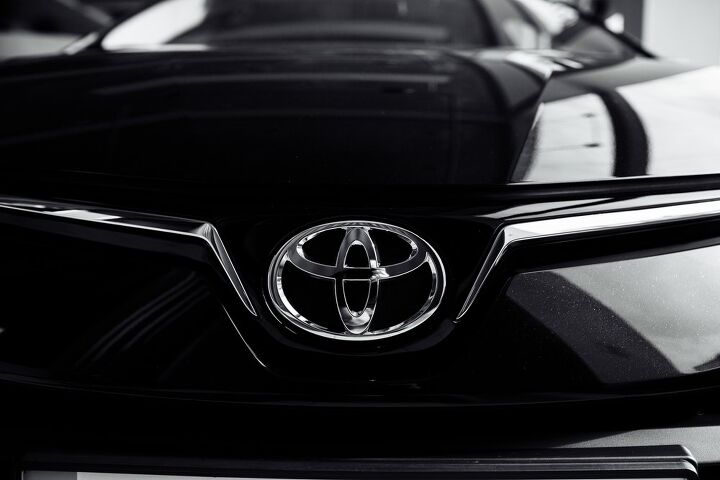
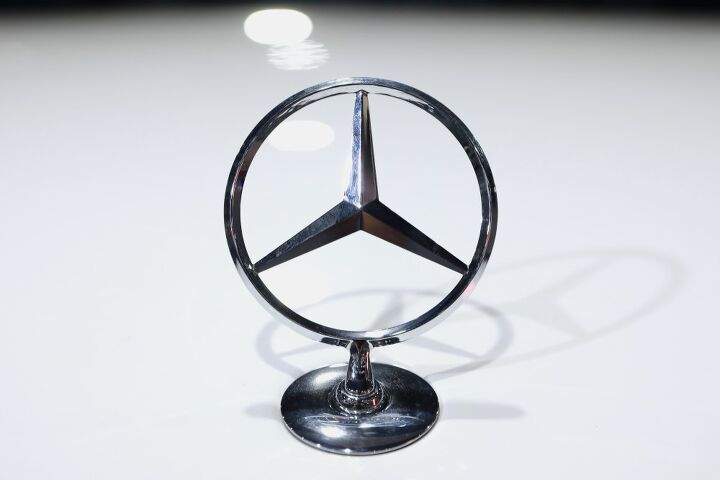
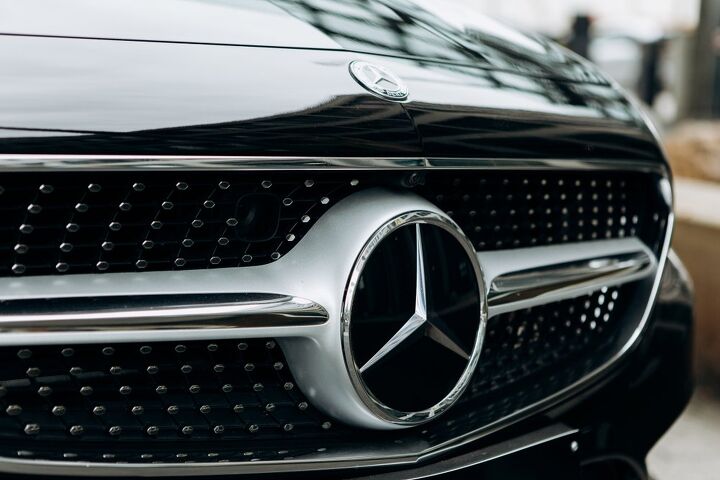


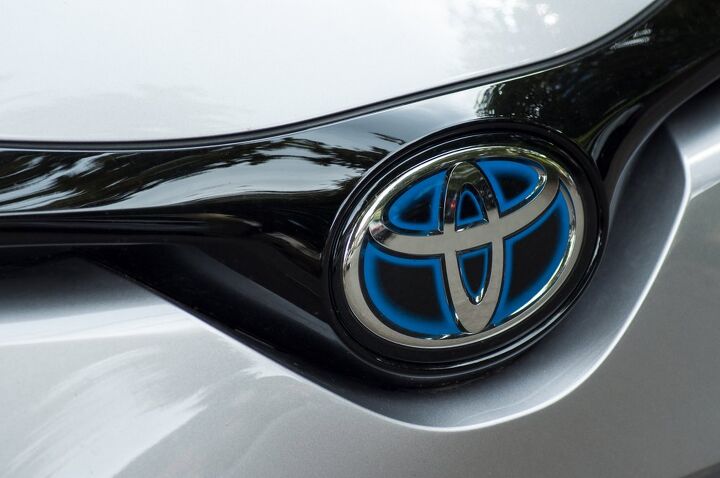

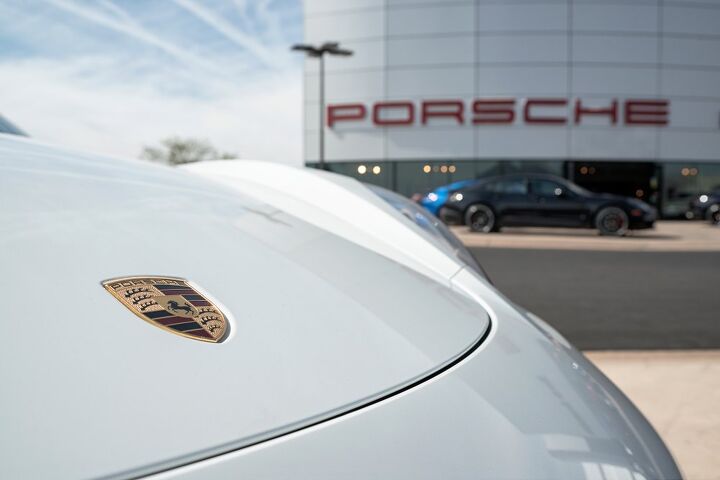
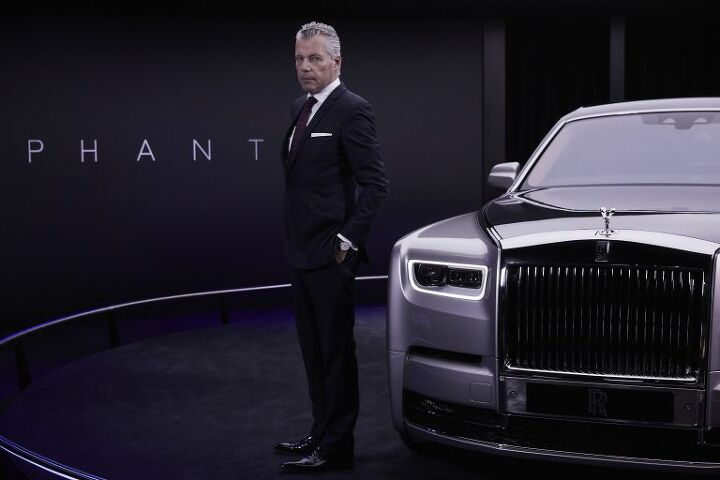

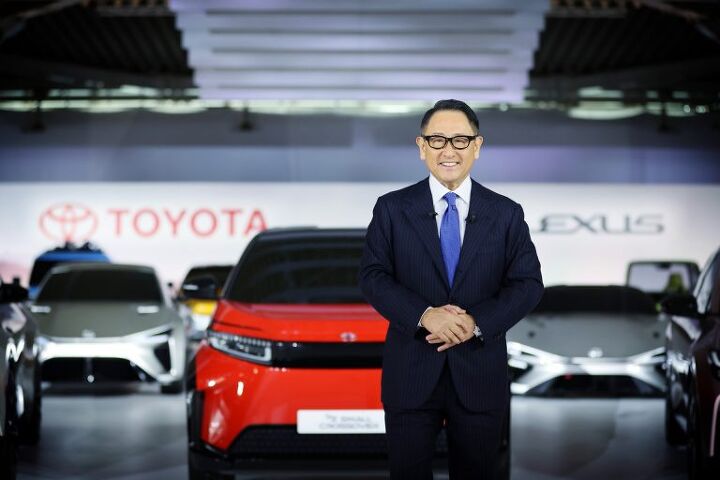












Recent Comments